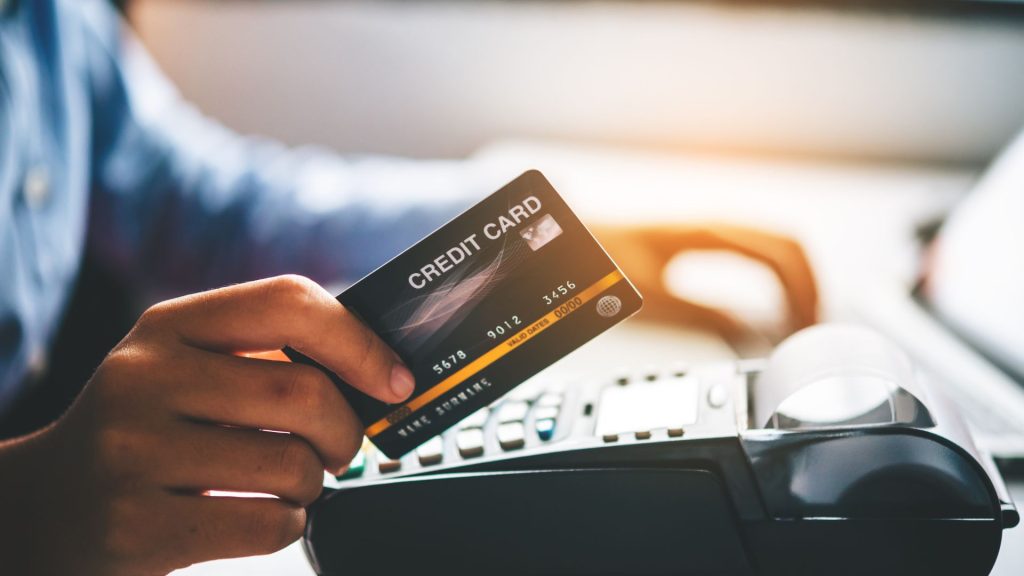In Zambia, financial transactions occur in various forms, depending on the type of financial service, payment system, or financial institution involved. These transactions facilitate the exchange of goods, services, or funds within the economy.

Here are the main types of financial transactions in Zambia:
1. Cash Transactions
- Physical Cash Payments: This is the most basic form of transaction, where individuals and businesses exchange physical currency (Kwacha, ZMW) for goods and services. Although Zambia is moving towards digital payment systems, cash is still widely used, particularly in rural areas.
2. Electronic Funds Transfers (EFT)
- Direct Bank Transfers: EFTs involve the transfer of funds between bank accounts electronically, without the use of cash. This method is commonly used for salary payments, bill payments, and business transactions.
- SWIFT Transfers: Used for international transactions, SWIFT (Society for Worldwide Interbank Financial Telecommunication) enables Zambian banks to transfer funds globally in foreign currencies.
3. Mobile Money Transfers
- Airtel Money and MTN Mobile Money: These are popular platforms for financial transactions, particularly among the unbanked population. Mobile money services allow users to transfer funds, pay bills, save money, and purchase goods and services using their mobile phones.
- Zoona: Zoona is another mobile-based money transfer service in Zambia, offering cash transfers and payment solutions for both individuals and small businesses.
- Cross-Border Mobile Transfers: Mobile money platforms are also used for cross-border remittances, allowing users to send and receive money from neighboring countries.
4. Card-Based Transactions
- Point of Sale (POS) Payments: Debit and credit card transactions via POS terminals are increasingly used in Zambia, particularly in urban areas. Customers use their cards to pay for goods and services at retail outlets, restaurants, and service stations.
- ATM Withdrawals: Automated Teller Machines (ATMs) allow customers to withdraw cash, check account balances, and perform other banking activities using their debit or credit cards.
5. Online Banking and Digital Transactions
- Internet Banking: Zambian banks offer online banking platforms that allow individuals and businesses to transfer funds, pay bills, and manage accounts from their computers or smartphones.
- Mobile Banking Apps: Many banks provide mobile applications that offer a variety of services, including fund transfers, bill payments, and account management, accessible on smartphones.
- Bill Payments: Digital platforms such as mobile apps and online banking systems enable users to pay utility bills (electricity, water), school fees, and other services.
6. Cheque Transactions
- Cheque Payments: Although less common in Zambia due to the rise of digital banking, cheques are still used in business transactions and for making large payments. Banks process cheque payments through clearing systems.
7. Remittances
- International Remittances: Money transfers from abroad, mainly through services like Western Union and MoneyGram, are significant in Zambia, particularly for households that rely on income from family members working abroad.
- Domestic Remittances: Mobile money and other platforms are used for transferring funds within Zambia, especially to support family members in different regions.
8. Government and Tax Payments
- Tax Payments: Individuals and businesses in Zambia can pay taxes (e.g., income tax, VAT) through bank transfers, mobile money, or using online platforms managed by the Zambia Revenue Authority (ZRA).
- Social Security Contributions: Payments to the National Pension Scheme Authority (NAPSA) and other government-run social security schemes can be made electronically through direct bank transfers or online systems.
9. Securities and Investment Transactions
- Stock Market Transactions: The Lusaka Securities Exchange (LuSE) facilitates the buying and selling of stocks, bonds, and other securities. Transactions are executed electronically through brokers and investment platforms.
- Government Bonds and Treasury Bills: Investors can purchase government bonds and treasury bills through auctions managed by the Bank of Zambia, with transactions often processed electronically.
10. Microfinance Transactions
- Microloans: Microfinance institutions provide small loans to individuals and small businesses, particularly those without access to traditional banking services. Repayments and disbursements often occur through mobile money or direct bank transfers.
- Savings Accounts: Microfinance institutions offer basic savings accounts to low-income individuals, which are typically managed through mobile or digital platforms.
11. Foreign Exchange Transactions
- Bureau de Change Services: Individuals and businesses exchange foreign currency (e.g., USD, EUR, GBP) at banks or foreign exchange bureaus for use in international trade or travel.
- International Trade Transactions: Importers and exporters engage in foreign exchange transactions for the payment of goods and services across borders, facilitated by banks and the SWIFT system.
12. Payment Aggregators
- Payment Gateway Services: In Zambia, payment aggregators like Kazang and iPay offer platforms for businesses to accept multiple payment types, including mobile money, card payments, and bank transfers.
- E-Commerce Transactions: These platforms also support the growing e-commerce industry by facilitating online payments for goods and services, such as shopping or ticket purchases.
Conclusion
Financial transactions in Zambia encompass a range of services, from traditional cash payments to modern digital and mobile-based solutions. As the country advances in financial inclusion and technology adoption, digital payments, mobile money, and electronic banking are becoming increasingly popular, especially in urban areas, while cash remains dominant in rural regions. These diverse options allow for flexibility and convenience in personal, business, and government-related financial activities.
Related:


